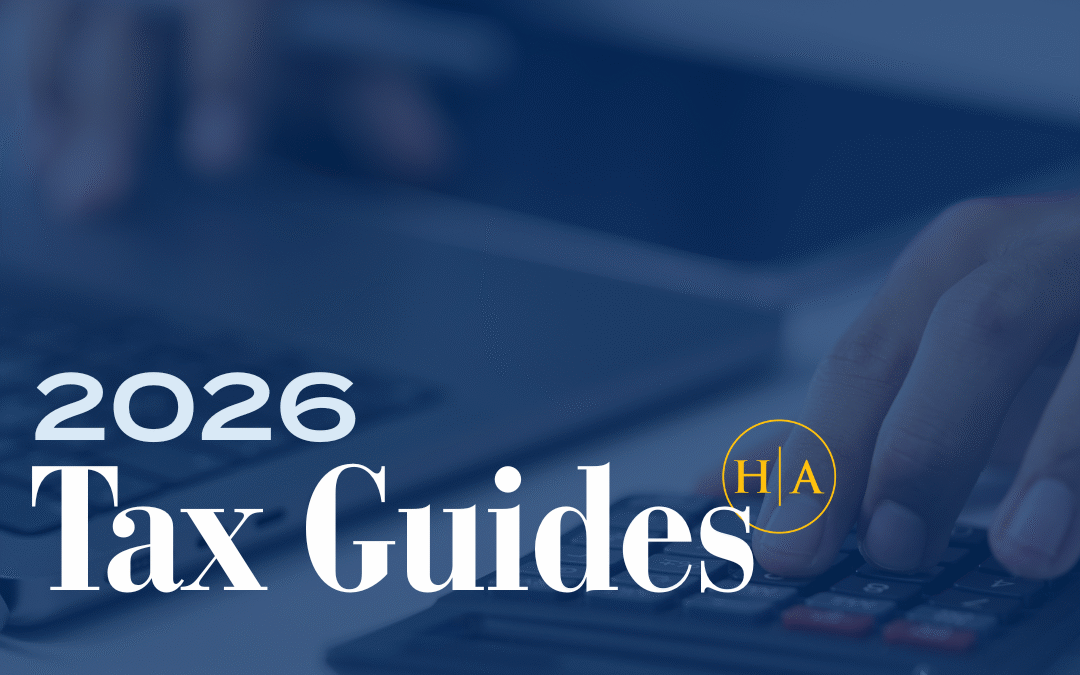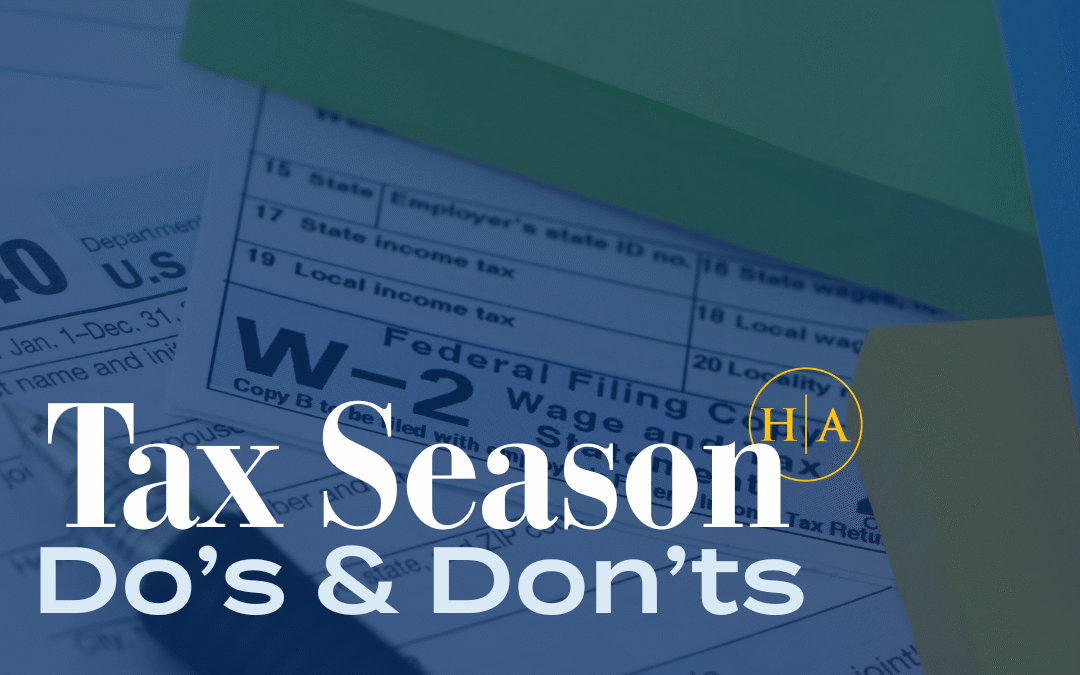Two of the most talked-about changes in the OBBBA are the new deductions for tips and overtime pay. If you earn either, you could see substantial tax savings through 2028.
No Federal Income Tax on Tips
If you work in a job where tips are customary (the Treasury will publish an official list, but think restaurants, salons, delivery services), you can now deduct tip income from your federal taxes.
Here’s how it works:
- Deduct up to $25,000 in tip income per year
- Available whether you itemize deductions or take the standard deduction
- The deduction disappears gradually if you make over $150,000 (single) or $300,000 (married filing jointly)
Important to remember: You’ll still pay Social Security and Medicare taxes on tips – this only affects your federal income tax.
No Federal Income Tax on Overtime
Similar rules apply to overtime pay under the Fair Labor Standards Act:
- Deduct up to $12,500 (single) or $25,000 (married filing jointly) of overtime income
- Your employer must show overtime separately on your W-2
- Same income limits as the tip deduction
- Agriculture employees may not receive the deduction
The catch: Like tips, you’ll still owe Social Security and Medicare taxes on overtime pay.
Making the Most of These Deductions
These are “above-the-line” deductions, meaning they reduce your adjusted gross income before you even decide whether to itemize or take the standard deduction. That’s valuable.
If you’re getting close to those income phase-out levels, you might want to talk with us about timing strategies – maybe shifting some income between years to keep these deductions.
For overtime workers, make sure your employer’s payroll department knows about the separate reporting requirement. It’s worth having that conversation early in the year.
Important update for 2025: Employers are not required to make changes to Federal tax withholdings for 2025 (see IRS news release IR-2025-82 dated 8-7-2025). Changes may come for 2026, so stay tuned.
You can find more details in the IRS announcement about withholding tables for 2025 under the One Big Beautiful Bill Act.
Don’t forget: These deductions expire after 2028, so you’ll want to plan for their disappearance when calculating future tax withholding or estimated payments.




